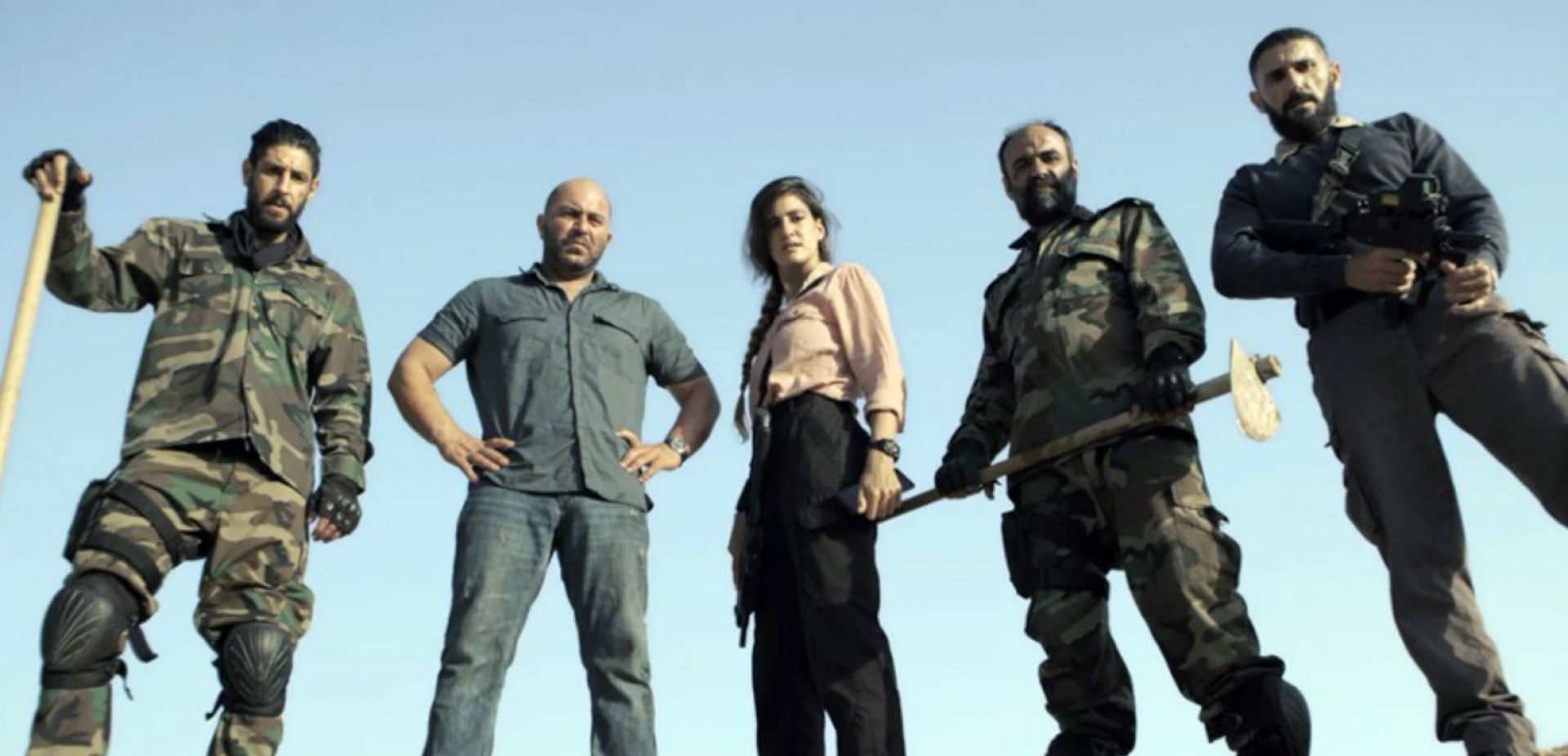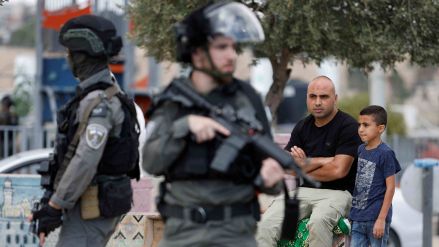What is particularly striking about “Fauda” is the Maccabean spirit that permeates the series. The Maccabees – also known as the Hasmoneans – were a Judean priestly family. They rebelled against Antiochus IV Epiphanes, the ruler of the Seleucid dynasty. This happened in the 2nd century BC and was described in the Old Testament, specifically in the Books of Maccabees.
The Seleucids, on the other hand, were a Hellenistic dynasty whose empire stretched from the Mediterranean to India. Judea came under their rule. Antiochus tried to impose a culture on the Jews that was alien to them. The Jerusalem Temple was desecrated and the worship of pagan gods was ordered.
And then Mattathias Hasmoneus and his sons rebelled against the Hellenisers. They led an uprising which resulted in the return of the Temple to the followers of the Mosaic faith. Judah Maccabee, one of Mattathias’ sons, instituted the holiday of Hanukkah to commemorate this victory.
Of course, the Jews in “Fauda” are a different nation from the one we read about in the Books of Maccabees. In this context, one detail must be pointed out: although Judaism plays an important role in the State of Israel today, contemporary Israeli society is highly secularised. However, the Maccabees remain an important point of reference in the modern Jewish imaginary, not for religious reasons, but as Jewish patriots. This is one of the reasons why they are patrons of Jewish sports initiatives, such as the Maccabiads (Jewish Olympic Games) or the Israeli Maccabi clubs. In 1991, the Makabi club in Warsaw, which had operated there between 1915 and 1940, was reactivated.
If we are looking for similarities between modern times and the time of the Maccabees, it would be a mistake to think that today’s equivalent of the ancient Hellenisers are the Arabs. That’s not the point at all. For the State of Israel to survive physically, the Jews living there must also survive spiritually. They should therefore not allow the West to impose values that will disarm them as a community. These are: liberalism, cosmopolitanism, and woke culture. Those who are currently imposing these values on Israel are Antiochuses of the 21st century.
Therefore, we must once again praise “Fauda” for affirming: valiance, courage and patriotism. As well as for the fact that it swims against the tide of political correctness, which has become a permanent feature of mass culture.
– Filip Memches
TVP WEEKLY. Editorial team and jornalists
– Tranlsated by Dominik Szczęsny-Kostanecki

 SIGN UP TO OUR PAGE
SIGN UP TO OUR PAGE
 The axis of the plot of the series is defined by the war between the State of Israel and Arab terrorists. The latter include both lone wolves and fighters from organisations such as Hamas or the so-called Islamic State.
The axis of the plot of the series is defined by the war between the State of Israel and Arab terrorists. The latter include both lone wolves and fighters from organisations such as Hamas or the so-called Islamic State.




